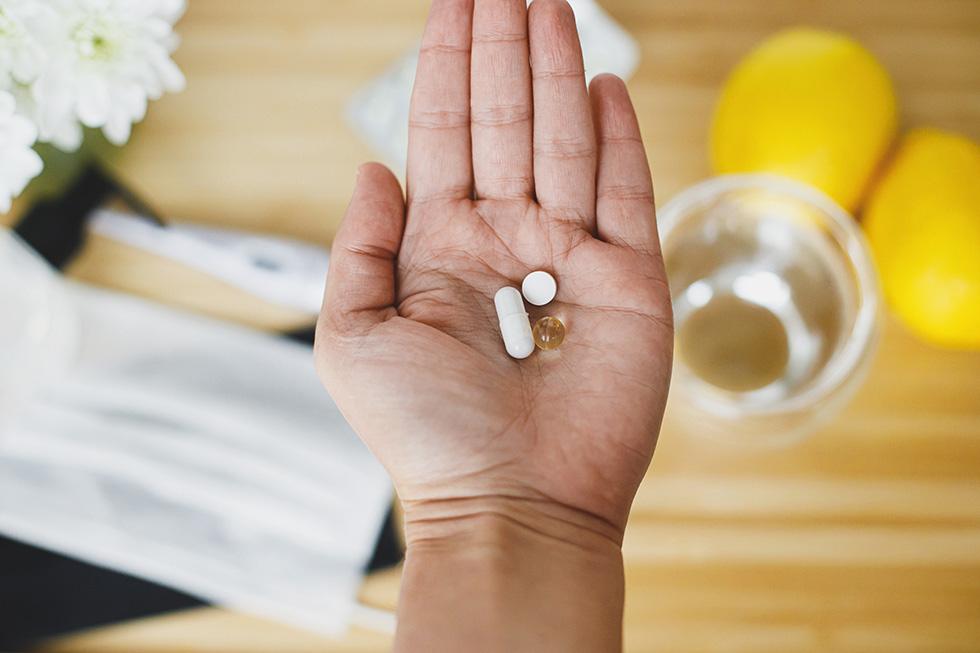Inositol relaxes the mind and allows better sleep.
Supplementing with inositol can help to reduce anxiety and reduce mental chatter that keeps you awake at night. Inositol stops your thoughts from rushing by activating the serotonin and orexin pathways in your brain—imagine cleaning up the floor of your brain to establish order.
Inositol’s effect on sleep in pregnant women was investigated in a recent study. Pregnant women frequently experience sleep problems, but they often prefer to avoid the adverse effects of pharmacological sleeping aids. For 10 weeks, pregnant women were given either 2 grams of inositol with 200 mcg of folic acid or a placebo of folic acid in this randomized research. The quality and duration of sleep improved dramatically as a result of the study.
Inositol improves mood and other brain disorders
Inositol supplementation can help with a variety of mental health issues, including panic attacks, obsessive compulsive disorder, ADHD, schizophrenia, and depression. According to one study, inositol has the potential to be used as an alternative treatment for mental illnesses. It also appears to have fewer negative effects than conventional drugs.
Inositol can protect metabolic health
Another advantage of inositol is its ability to improve metabolic health and insulin sensitivity. Supplementing with 2 grams of inositol twice a day lowered triglycerides by 34% and total cholesterol by 22% in a study of 80 women with metabolic syndrome, as well as reducing blood pressure and blood glucose. By the end of the research, 20% of the women who took inositol pills no longer met the metabolic syndrome criteria. Inositol is a possible treatment for polycystic ovarian syndrome (PCOS) because it improves cell responsiveness to insulin and supports hormone balance.
Inositol is a type of sugar that helps provide structure to your cells. It also affects the hormone insulin and the function of chemical messengers in your brain.
Inositol may help balance important chemicals in your brain, including those believed to affect your mood, such as serotonin and dopamine.
Interestingly, researchers have found that some people with depression, anxiety and compulsive disorders have lower levels of inositol in their brain.
Inositol may help control metabolic risk factors by helping lower blood triglyceride levels, blood pressure and blood sugar. It may also improve cholesterol levels.
Inositol is a vitamin-like substance that for a long time was assigned to the complex of B vitamins under the name vitamin B8. Due to the discovery that the human body can build inositol from glucose itself, inositol is no longer considered a vitamin today, yet it is involved in many important functions.


